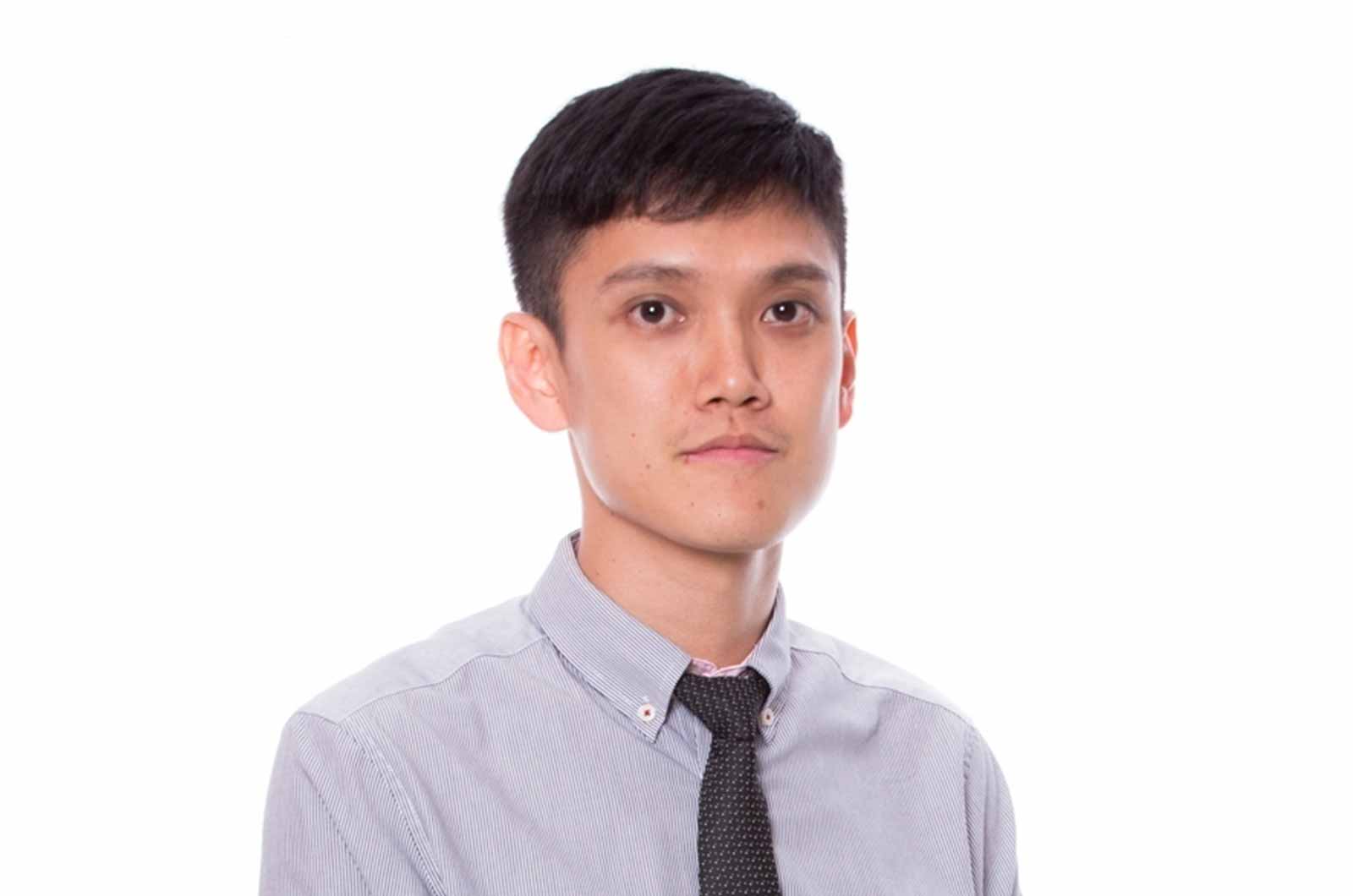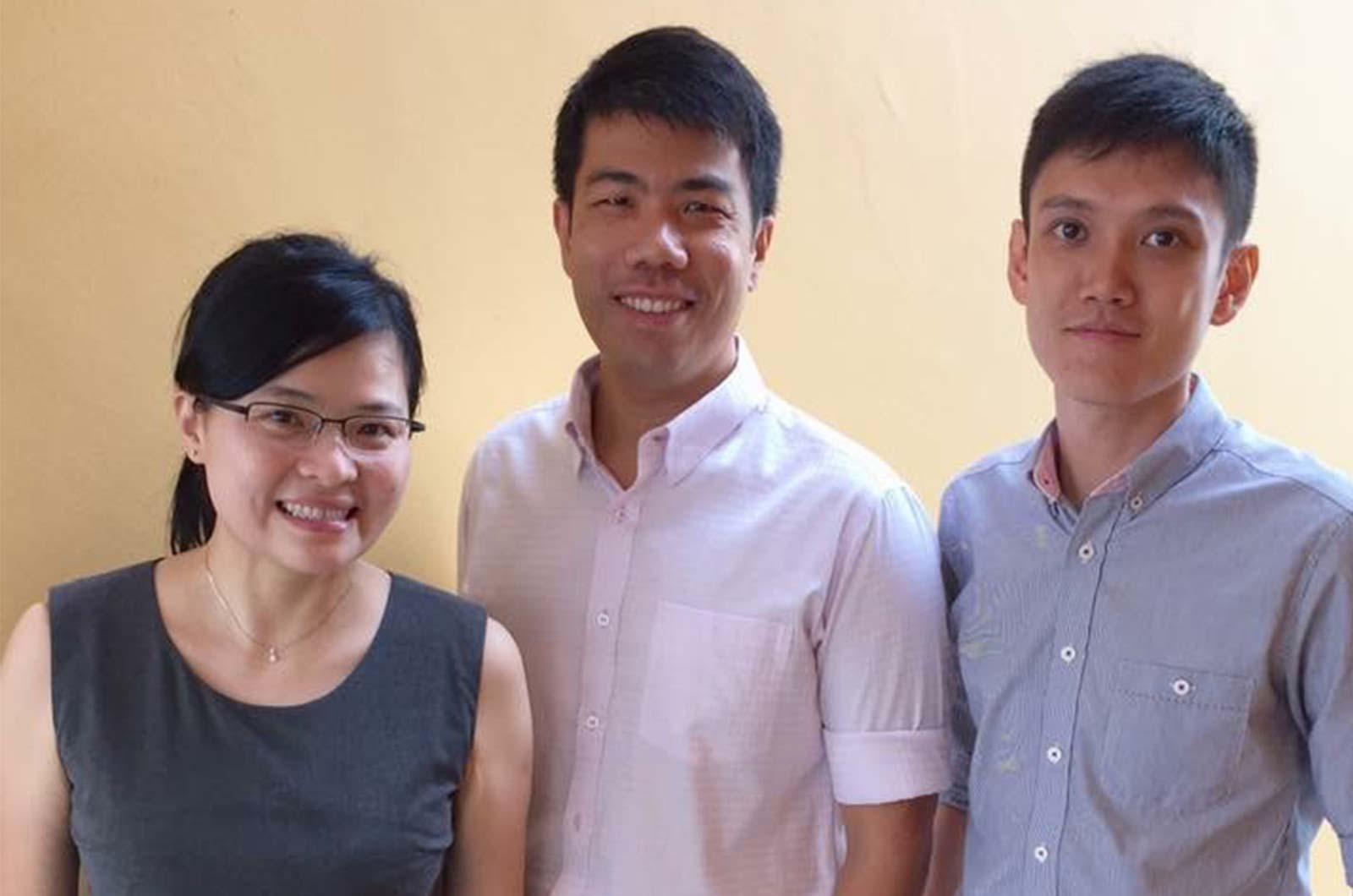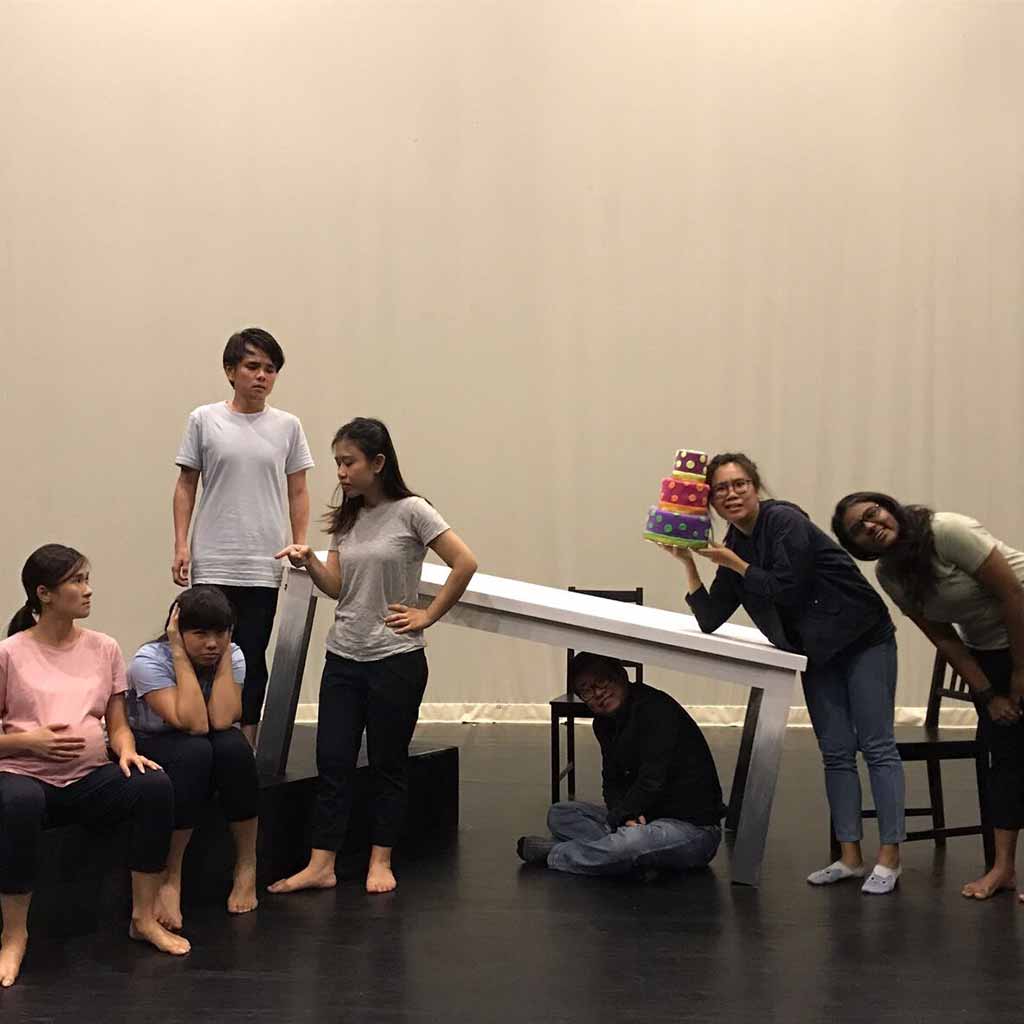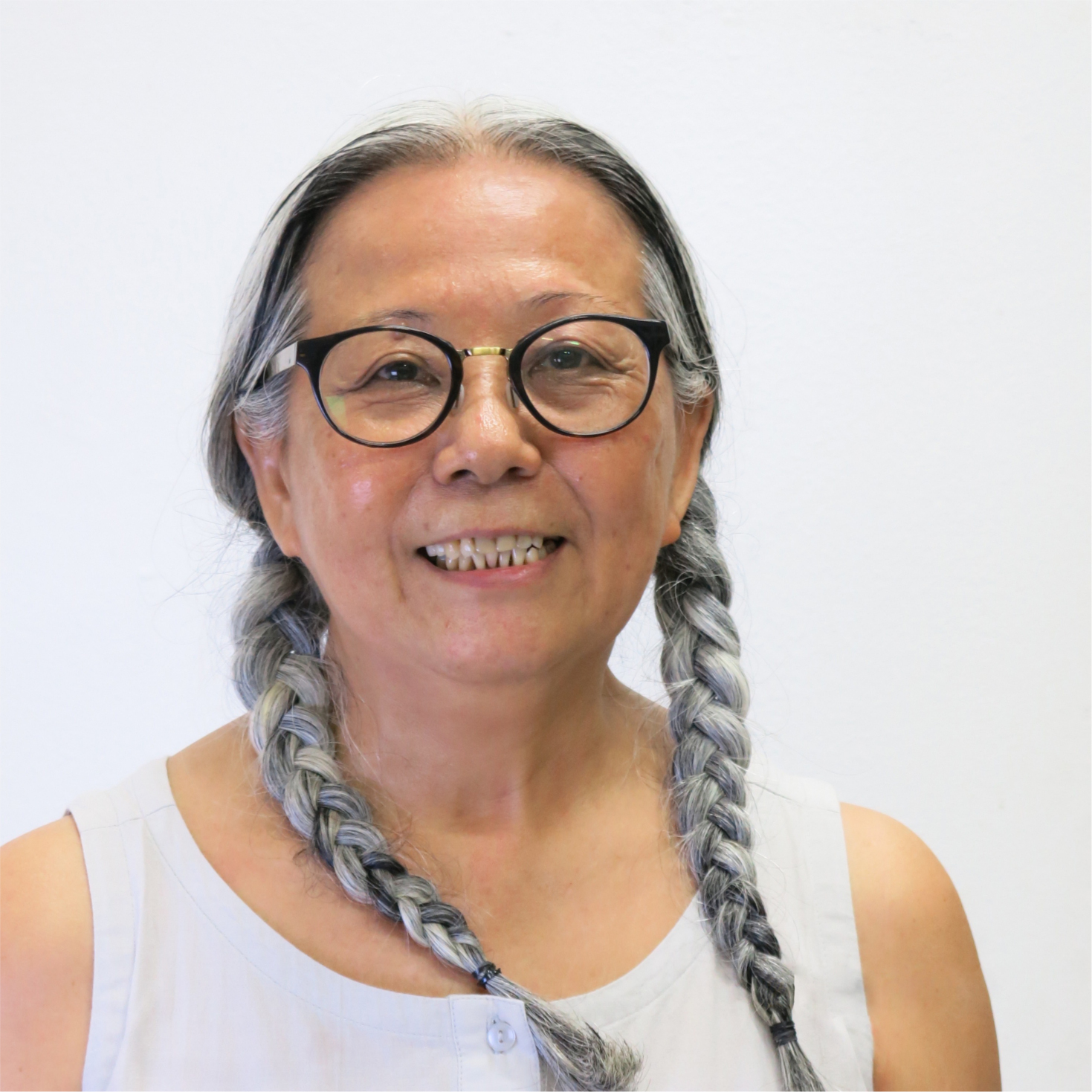 PORTRAIT
PORTRAIT


Cai Zhiwen is a Mathematics teacher and Discipline Master at Juying Secondary School. He is also the recipient of the Outstanding Youth in Education Award (OYEA) 2016.
How do you think the education landscape in Singapore is changing?
I see the education landscape in Singapore evolving to meet the different needs of our students. An increased number of pathways from school to the workplace cater to the diverse interests and passions of our students, and provide them with greater opportunities to develop and fulfil their potential at their own pace and in environments that are most suited to their growth and learning.
Do the ways that students are educated today differ from how you were educated as a student?
Absolutely! When I was a student, teachers seemed to be the only ones with the key to knowledge; access to information was a far cry from today’s well-connected cyber world. We learnt mainly through frontal teaching and from textbooks. Today’s students no longer depend solely on teachers to learn. They enter the classroom with a wide spectrum of knowledge and vastly different experiences, and challenge the authenticity and relevance of what they learn in school. To me, this is a good thing as long as it is done respectfully with the right attitude and intentions. I feel our students are still largely pragmatic, and that preparing for and excelling in high-stakes examinations remain a key driving force and purpose of their education.
What are the qualities that define an effective educator? Have such qualities changed over the years?
While the landscape and student profiles have changed over the years, I think the qualities of an effective educator remain the same. My definition of an effective educator is simple — one that has the heart for students. When you have the heart for students, you will spend time and effort to get to know and understand them as individuals in a class, rather than a class of individuals. You will cater to their learning needs and styles and bring about real learning. You will look beyond academic achievements and seek to develop them holistically, based on sound values and morals. Because when you have the heart for students, you would understand that education and learning are for life, and therefore do your best to groom them to be able to contribute to their family, society and nation in the future. An effective educator is one who realises that he exists as an educator for his students, and ultimately they are all who matter. This, I feel, has not changed.
You have spearheaded significant changes in Juying Secondary to give students a better learning experience. Would you share more on some of the key programmes you began?
As HOD Discipline, we have moved towards a more student-centric and values-driven discipline approach. In student management, we focus on inculcation of values and emphasise on logical consequences rather than taking a punitive stance. We seek to strike a balance between rehabilitating a student who has committed an offence and upholding a high standard of discipline.
With this approach in mind, one of the initiatives we introduced was the Good JYian Notice, which is a card that teachers would write on and then send to the student’s home to affirm his behaviour and display of good character and values. This also encourages teachers to catch students doing good and contributes towards building a positive school culture.
We have also revamped our existing Time Out Programme and adopted a two-pronged approach of counselling and mentoring to support students who are facing social emotional issues and at risk of potentially dropping out. We identify and provide counselling support to students with deep-rooted issues such as addiction and social inadequacies. Students who severely lack adult guidance and support are also matched with teacher mentors of their choice to build a supportive relationship and foster a stronger sense of belonging in school.
What motivated you to introduce and push for these transformations?
A former School Leader always reminded me that no student would make the effort to come to school just to cause trouble and break rules. Usually when a student misbehaves, there are deeper underlying issues that manifested through misconduct and wrongdoing. It is unlikely a student would learn and change for the better if we simply punished him. Though punishment is still necessary to help him understand the consequences of his actions, it is critical to delve deeper and understand the real reason of the misconduct. This belief is the main motivation behind our work in discipline.
What are some of the key considerations and challenges to implementing these changes?
Buy-in from teachers is vital. The tone of a school’s discipline may be set by School Leaders and Discipline Masters, but it can only be maintained and sustained by the teachers’ shared belief and conviction. All of us must work together to reinforce the same values and cultivate the same desired behaviour and conduct. It is inevitable that some teachers may have conflicting views on school discipline, but I always believe that while we as professionals may agree to disagree, we can ultimately set aside our differences and work together to deliver quality education to students. It is my duty and challenge as Discipline Master to help my teachers understand the rationale and intent of our discipline approach and adopt it as one staff.
From your observations, what was the most meaningful impact of the programmes and initiatives you introduced?
The biggest impact is the general shift in our teachers’ mindsets towards discipline. The programmes and initiatives have helped illustrate how a student-centric and values-driven discipline approach looks like to teachers. I have observed teachers placing more emphasis on education and development than on punishment and consequences. This mindset shift will lead to stronger teacher-student relationships and better student outcomes.
Are there any transformations in how students are taught which you hope to see in the next 5 to 10 years?
Generally, our students can be more proactive in their pursuit of education. In my opinion, our system is so structured and complete that perhaps there could be more opportunities for students to choose and decide for themselves. I hope students can be given more autonomy in their learning, become more self-directed, and take greater ownership and control of their mode and pace of learning. To achieve this, it is essential for schools to help students find purpose and relevance in their learning. Ideally, students would crave knowledge and go to school eager to learn. It may seem impossible to achieve in 5 to 10 years, but if this is what we envision education to be, perhaps we as a fraternity need to shift our paradigm and believe it is possible.




